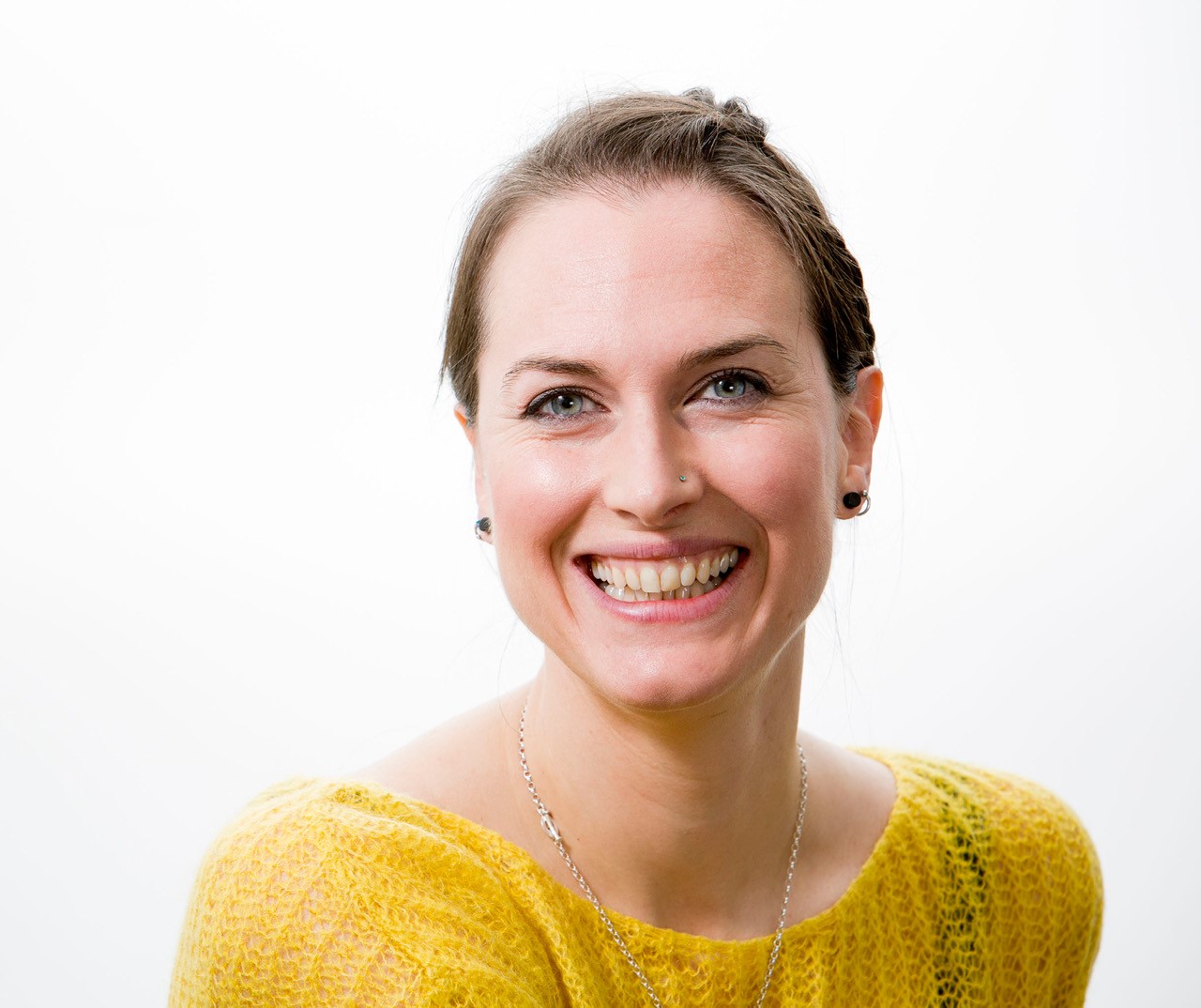Developing a National Center for Doctoral Training in Microscopy
Award Imaging Scientist
Funding Cycle Cycle 2
Investigator

Kerry Thompson, PhD
National University of Ireland Galway (Centre for Microscopy and Imaging)
Bio
A classically trained anatomist and microscopist, Kerry Thompson studied biomedical science at the National University of Ireland Galway (NUIG). Since completing her PhD, Kerry has worked as a postdoctoral facility scientist in a multidisciplinary microscopy core in NUIG and more recently as a Lecturer in Anatomy and Director of a Master of Science in Microscopy and Imaging. As the current Honorary Secretary for Education and Chair of the Outreach and Education Committee of the Royal Microscopy Society, she is a passionate advocate for microscopy as an educational tool for children. Kerry’s own research uses light and electron microscopy, combined with an array of image analysis techniques, to answer a broad range of biological questions. She is involved in developing imaging training programs, with the key goal of recognizing and establishing career paths for imaging scientists.
Project Description
This project aims to establish a National Center for training in microscopy, imaging, and related technologies, with particular focus on open science methods and ideals. Kerry will develop educational content, delivered via both residential and online courses, in order to promote microscopy skills within Irish higher education institutes. Priority will be given to the creation of an interdisciplinary national forum and a cohesive microscopy community of multidisciplinary biomedical researchers. She will also engage with national funding bodies to highlight the importance of imaging scientists within the research ecosystem and the need for establishing a recognized and independent career pathway in Ireland. In addition, this project will deploy innovative teaching approaches for graduate students and the national research community to visualize, measure, and analyze the biological processes that underlie health and disease through collaboration with computational scientists, engineers, physicians, and experimental biologists.



